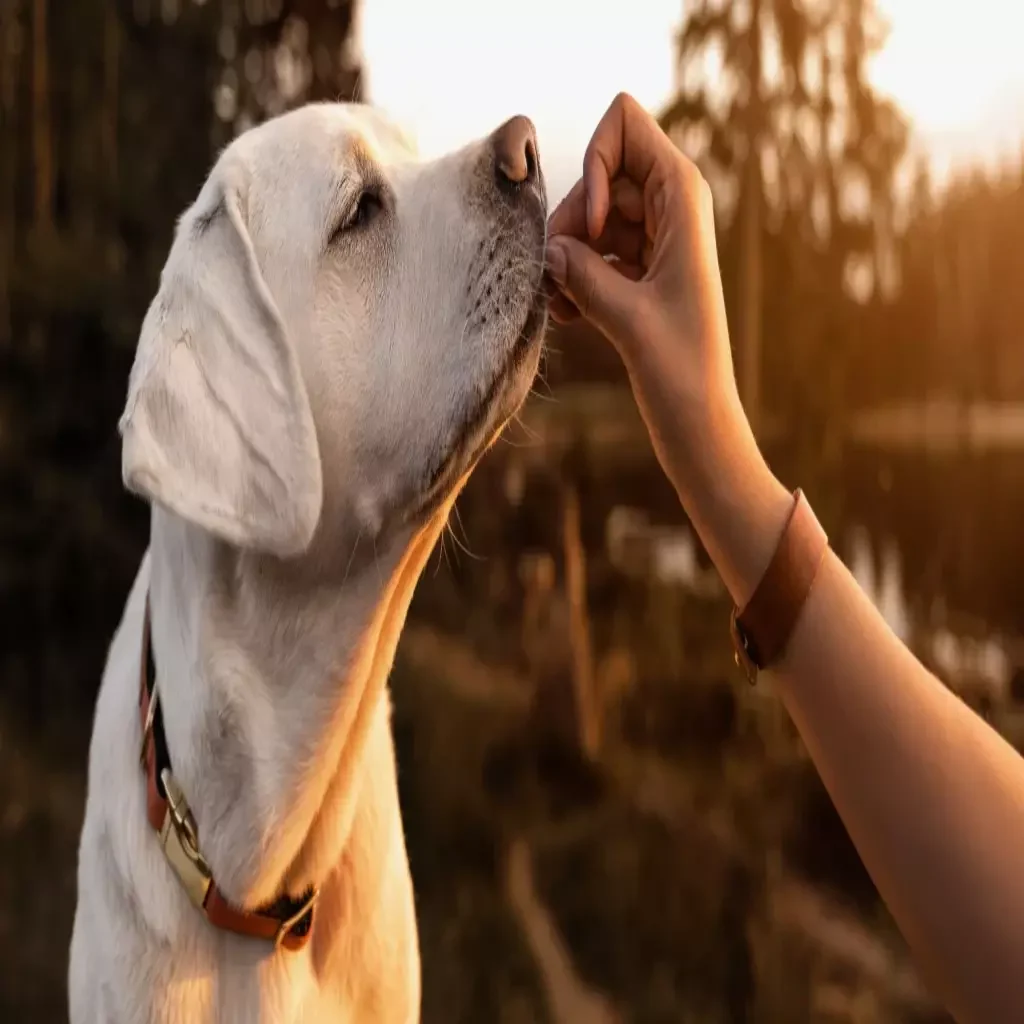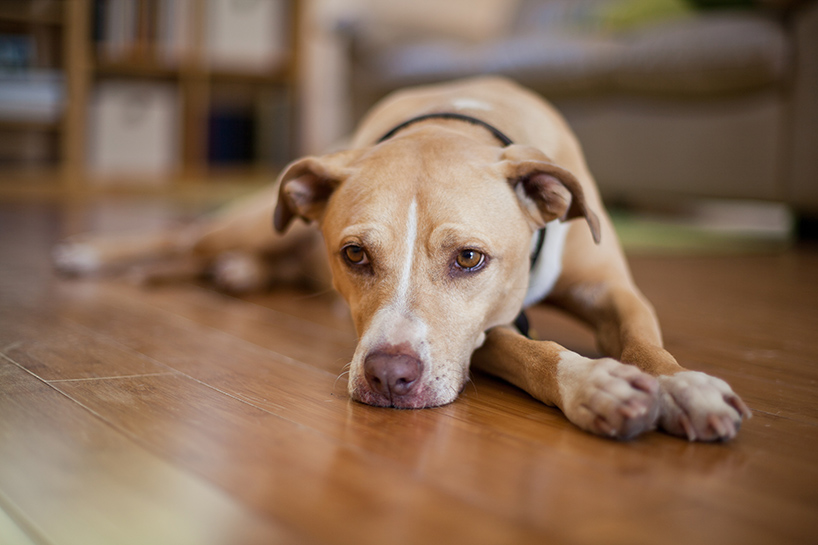
One of the most common questions pet owners ask is how to keep their dogs and puppies healthy. From preventing the spread of diseases to ensuring your furry friend stays fit and healthy, there are a lot of things you can do to keep your pet happy and healthy. In this guide, we’ll provide you with the best tips and advice on how to achieve immunity in dogs or puppies. We’ll also provide information on common diseases and how to treat them, so you can keep your pet safe and healthy at all times!
Immunity in dogs and newborn pups… its a big topic so this page will tell you about the basics of how puppies acquire immunity. Learn how puppies gain immunity from infections… and what Immune issues begin even before birth happens when they don’t.
Immunity in Dogs and Puppies

Is there anything cuter than an eight-week-old puppy? With their innocent curiosity, pleading eyes, warm little bodies and a willingness to connect with us, puppies draw our attention and affection. How sad it is when that sense of affection we have for them is tragically reversed and turned into a sense of sympathy and sorrow. When disease strikes a young pup it nearly always presents a challenge to the veterinarian to determine what the cause is and how to bring the little patient back to health.
Without a healthy immune system any pup is in peril. Immune systems are charged with the responsibility of protecting the
puppy’s body frominvasion by microorganisms, chemical agents, drugs, and other foreign substances. The immune systems also generate the body’s normal immune responses to any encountered protein substance including foods.When friendly or unfriendly substances called antigens enter a normal pup’s body, these antigens trigger the expected immune defensive responses within the pup. These innate responses have evolved through the ages and are reactions that literally must occur all throughout the pup’s lifetime… otherwise pathogenic invaders will consume the unprotected dog.
We often hear the term “the immune system” used when describing an animal’s innate responses to life-threatening invaders. Actually, there is no single “immune system” as there is a “skeletal system” and “nervous system”. The responses made by the individual animal to noxious stimuli (antigens) occur across a number of physiological playing fields. The two basic defensive teams within the pup’s body are what are called Non-specific Immune functions and Specific Immune functions.
Non-specific Immune functions entail such barriers to invasion as mucous membranes of the mouth and digestive tract. The skin is a non-specific immune barrier… as long as it remains healthy! Scratch the surface and, in order to protect the individual, other immune functions come into play such as infiltration of the scratch with defensive white blood cells.
| Immune competence begins even before birth… | ||
 |  | A clean, safe whelping box provides a healthy space for fragile newborn pups. |
Specific Immune functions include two types of protective strategies by the puppy. One is called Cellular immune responses where very specialized types of cells, called T cells, have the duty of recognizing foreign invaders and either responding directly to the invaders or calling up additional help to isolate and inactivate the offending antigens. Humoral immune responses relate to the production of protein molecules called antibodies in the blood stream that interact with invaders to defuse their ability to harm the pup.
WHAT GOES WRONG WITH IMMUNE DEFICIENT PUPS?

“Fading Puppy Syndrome” is commonly referred to whenever a newborn pup simply seems to lose body heat, is depressed, refuses to suckle and becomes dehydrated and dies. I asked Jean Dodds, DVM,  President and Founder of Hemopet in Garden Grove, California about this syndrome. “ ‘Fading Puppy Syndrome’ is a commonly used catch-all phrase for newborns that seem fine at birth and then rapidly fade away and usually die. Most fading pups (or kittens) are chilled or stressed or have neonatal septicemia, a bacterial infection in the blood stream. Without benefit of colostrum (the antibody-rich first milk from the mother) the newborn will obtain minimal passive immunity from its mother (only about 20% of passive immunity is transferred transplacentally before birth)” says Dodds.
President and Founder of Hemopet in Garden Grove, California about this syndrome. “ ‘Fading Puppy Syndrome’ is a commonly used catch-all phrase for newborns that seem fine at birth and then rapidly fade away and usually die. Most fading pups (or kittens) are chilled or stressed or have neonatal septicemia, a bacterial infection in the blood stream. Without benefit of colostrum (the antibody-rich first milk from the mother) the newborn will obtain minimal passive immunity from its mother (only about 20% of passive immunity is transferred transplacentally before birth)” says Dodds.
Passive immunity in the colostrum is ready-made immunity delivered by the bitch to the pup and not made by the pup itself. Passive immunity fades over a period of time as the pup develops its own active immunity that will often last a lifetime. If the pup, for any reason, does not get the chance to nurse from the bitch soon after birth, that pup will be in trouble. Dodds continues, “This means that these youngsters are at high risk for immunodeficiency and consequently are susceptible to viral and bacterial infections through the gastrointestinal, urogenital or respiratory tract, eyes, nose, throat, or skin.
For newborns that receive colostrum but then no longer get natural bitches’ milk, there is less risk of immune dysfunction, but milk is a rich source of IgA protein, which conveys a mechanical surface bathing protection of secretory immunity to the gastrointestinal tract. That is why one wouldn’t want to breed from bitches with congenital IgA deficiency since their pups are at higher risk for gastrointestinal infections in early life.”
A noted writer and speaker on the topic of small animal immunity, Johnny Hoskins, DVM, a small animal internal medicine consultant with DocuTech Services, Inc. of Baton Rouge, LA, tells us what happens after the pup loses the passive immunity from the bitch’s colostrum. “Maternally-derived antibody levels in the blood are usually very low by 6 to 8 weeks of age and negligible by 12 to 16 weeks of age. Fortunately, by 4 weeks of age, the puppy’s immune system begins to function and antibodies produced by their immune system appear in the blood at incrementally higher levels. The period between 4 and 16 weeks of age is a time when relatively more antibodies are of puppy origin and less of maternal origin. Passive local immunity works in concert with passive systemic immunity; one prevents infections locally, while the other works within the bloodstream. Passive systemic immunity works against infectious agents that enter the bloodstream by way of local sites of infection in the skin or mucous membranes of respiratory, gastrointestinal, or urogenital tract. Because most infections in puppies and kittens begin in the oropharynx, passive local immunity is important in preventing systemic disease. ”
Hoskins continues, “Passive local immunity is provided continually by the bitch for as long as the young nurse. After the colostral phase of lactation ends, which is by 72 hours after birth, the puppy receives protection by way of milk. Milk, like colostrum, also contains antibodies, but at much lower levels. These antibodies are of the IgG and IgA class. The IgG antibodies are degraded by gastric acids, while IgA resists digestion and appears unaltered in the stool. Antibodies in the milk protect against infections that begin on surfaces of the oral and intestinal mucous membranes. Pathogenic organisms ingested with the food are immediately destroyed by the milk antibodies. The IgG antibodies work preferentially in the mouth, oropharynx, and esophagus, and IgA antibodies work preferentially in the stomach and intestines.”
It is not necessary, and may even be counterproductive, to raise pups in a nearly sterile environment. If the mother is well nourished and healthy, she will be the newborn pups’ best provider of protection against disease-causing organisms via her colostrum. Then as the pups become stronger with age their immune systems will learn what organisms and materials are a threat and when to move into action against that threat. Your best assurance for a litter of pups to grow into healthy adults is to start with the best breeding possible. Then remember that a healthy bitch almost always produces healthy pups.
It is time for the truth. The immunity in dogs just as complex as that of humans and any deviation can lead to serious health problems.
Not only do we teach your little pup what they need to thrive, but also how to keep their immune system in check so they don’t catch any dangerous diseases. Welcome to the new era where your furry friend is ready for anything! Just keep them healthy and happy from now on and watch them bloom into lovable companions that you can share every adventure with!
At PetCareRx, we have an exclusive range of immunity supplements that are 100% natural and affordable enough for everyone. Just browse our website to get started!
Frequently Asked Questions
What is the first stage of immunity in dogs?
Immunity in dogs that is non-specific (innate) is present at birth. Its name refers to the uniform treatment of all foreign substances by its constituent parts. The most significant step in nonspecific immunity is acute inflammation.
What causes dogs immune system?
An overactive immune system, which can be brought on by infections, poor nutrition, negative drug reactions, and other reasons, is the primary cause of autoimmune illnesses.
What Causes Low dog immunity?
Viruses. bacterial illnesses. illnesses, like cancer. lack of immunoglobulins.






